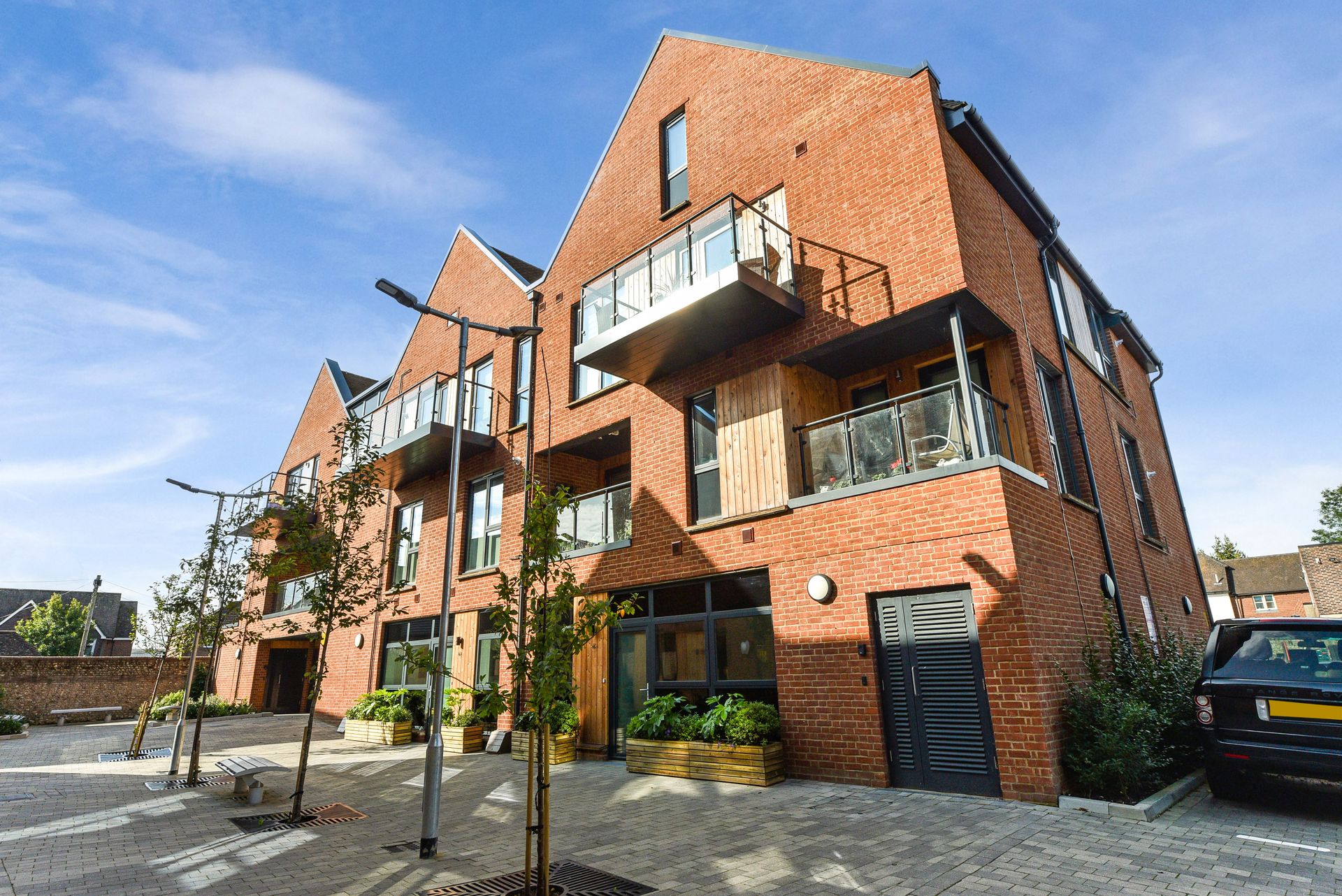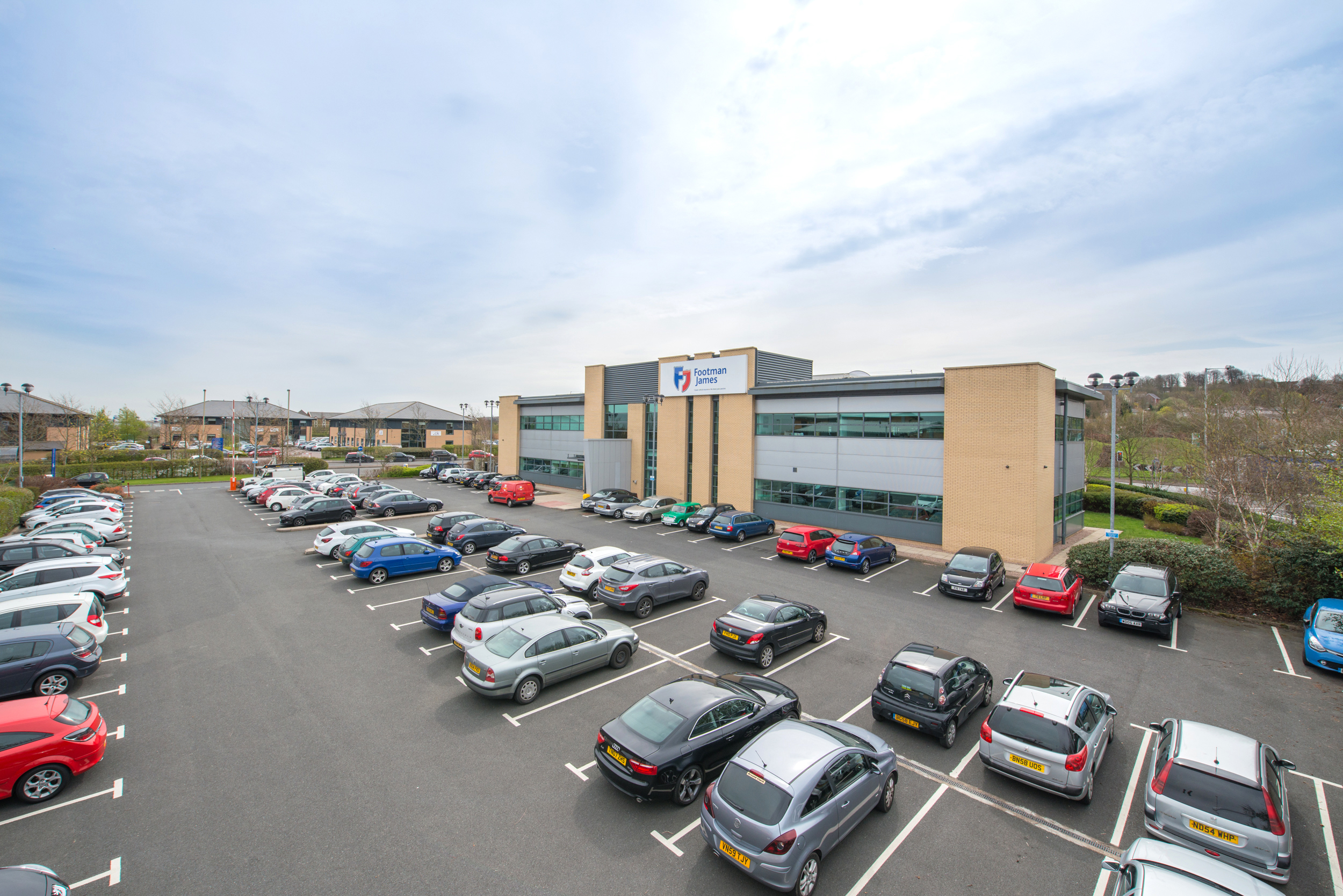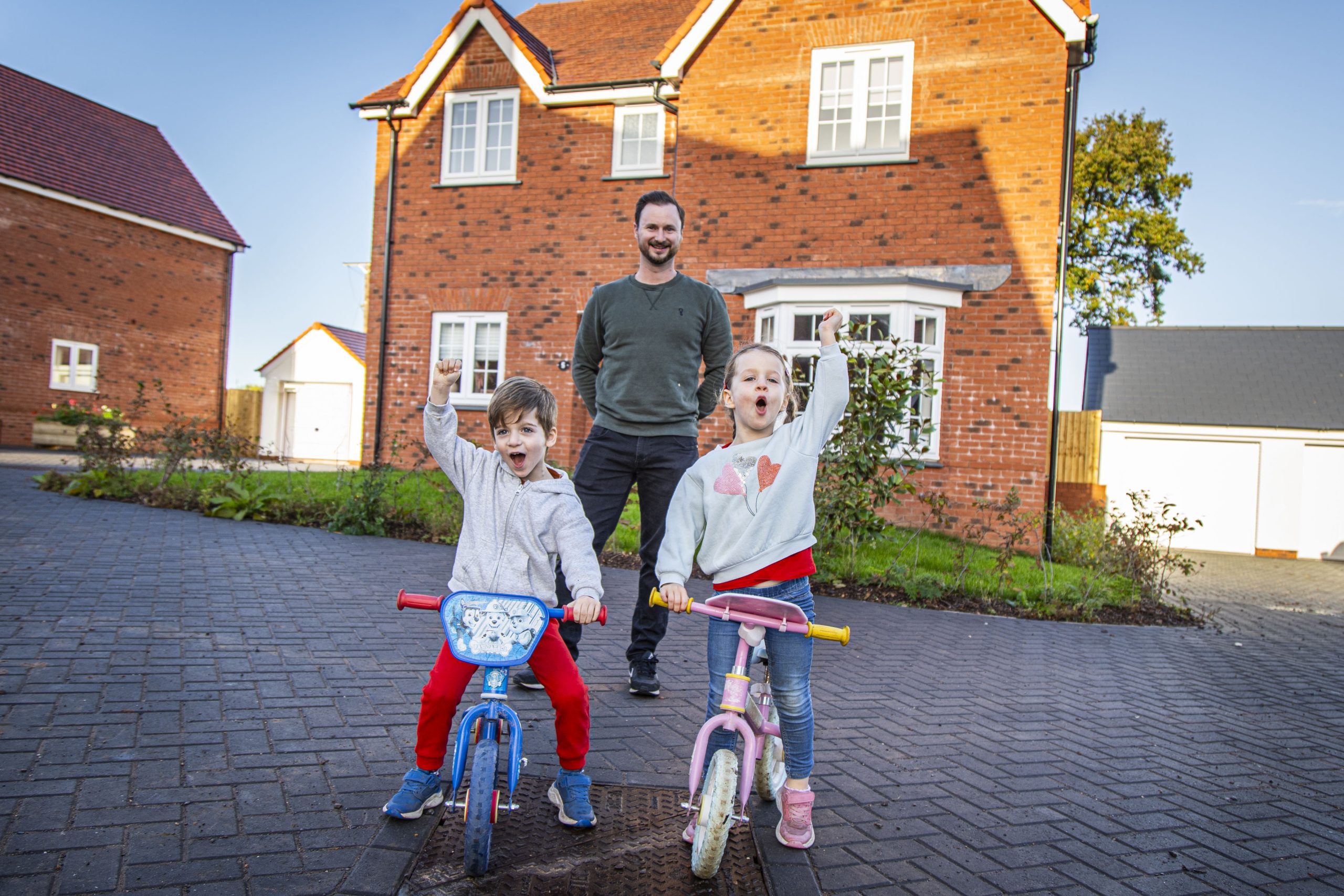- Almost two in five people say improving the energy efficiency of their home is an important priority
- Only 31% of Brits know their home’s Energy Performance Certificate (EPC) rating
- Brits could reduce their annual energy bills by over a quarter after transitioning to solar power
New research published today by Halifax reveals the opportunities and challenges Brits face when making energy efficiency improvements to their homes.
Almost two in five (39%) UK homeowners now consider improving the energy efficiency of their property an important priority, following energy costs rising earlier in the year. Despite this, four in 10 (40%) homeowners admit they have ‘no idea’ how energy efficient their property is – making it difficult to know where to start when it comes to undertaking improvements.
With the UK home to some of the oldest houses in the world and worst insulated in Europe[1], this knowledge is crucial if the UK is to meet its targets of net zero by 2050.
Solar panels are homeowners preferred choice for making homes greener
With energy bills still significantly higher than pre-pandemic, appetite to make ‘green’ home improvements remains strong. Installing solar panels is the first choice for a third (31%) of people looking to make greener home choices, followed by double or triple glazing (30%) and upgrading radiators (27%).
The average household annual energy bill in the UK is £2,074[2] and according to the Energy Saving Trust, by transitioning to solar power, homeowners could save up to a quarter on their yearly bills. (£525 per year[3]). This figure could increase even further when factoring in a home battery or by switching to a higher paying tariff under the Smart Export Guarantee (SEG), when selling excess energy back to the National Grid.
Barriers to energy efficiency
Almost half (49%) of people say cost is the biggest barrier to making energy efficiency improvements. Further, over a fifth (22%) state that a key barrier stopping them from borrowing money to make their property more energy efficient is that they aren’t convinced the investment would be reflected in the resale value of their property.
However, according to Rightmove’s 2023 Greener Homes Report, a more sustainable home could offer financial benefits. Improving a property’s EPC rating from an F to a C could see an average of over £55,000 added to the value of a home.[4]
Another challenge is finding suitable tradespeople, with only one in five (22%) people able to find tradespeople with the right skills. To help address this issue, Halifax has launched a trial scheme, in partnership with expert solar panel installers Effective Home, to remove the hard work of finding suitable solar panel suppliers.
Through this scheme, consumers receive a free, personalised solar plan from Effective Home, outlining installation costs and estimated energy bill savings. Those who commit to the installation with Effective Home will also receive a free EPC assessment once installed. With only 31% of Brits aware their home’s Energy Performance Certificate (EPC) rating, this will help provide more people with crucial guidance on other measures they could take to improve their home’s energy efficiency.
Andrew Asaam, Homes Director, Lloyds Banking Group said: “To save money on energy bills, homeowners first need to understand how energy efficient their property is. Every property has an EPC report, which is a great place to start to review the changes people may be able to make to live in a greener, home. We’re working with Effective Home to tackle this awareness gap from start to finish – giving homeowners the right information, guidance and skilled tradespeople to make their homes as sustainable and cost-efficient as possible.”
Ben Williams, Director, Effective Home added: “Our strategic collaboration with Halifax reinforces our commitment to making solar energy accessible to a diverse range of households, enabling them to embrace a more sustainable lifestyle. By opting for solar power, customers can significantly reduce their carbon footprint and make substantial contributions towards the worldwide effort to combat climate change, concurrently enjoying noticeable reductions in their monthly expenses.”






